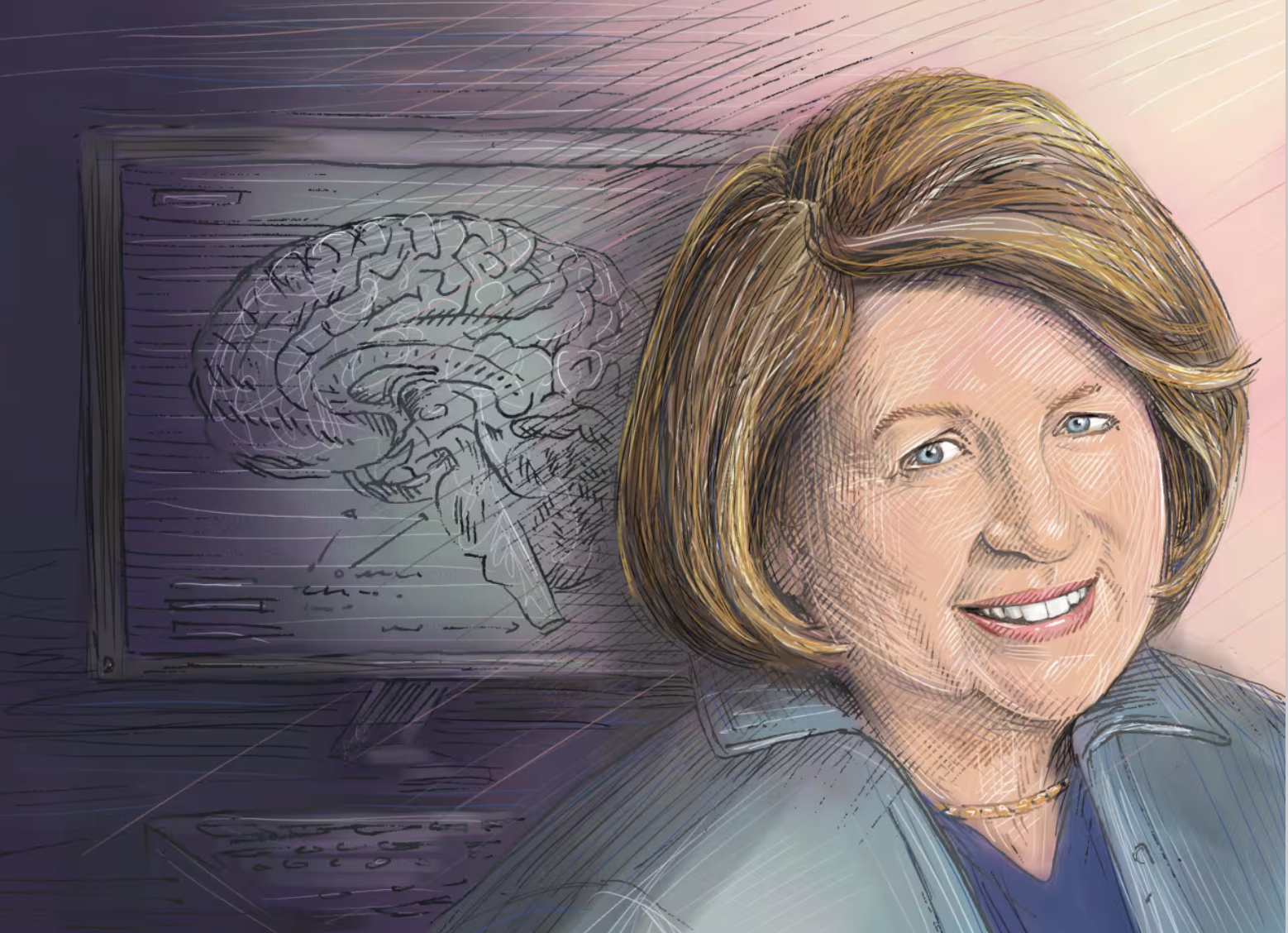 Kerby Anderson
Kerby Anderson
Two dozen states have legalized marijuana and another 14 permit it for medical purposes. But ironically this comes at a time when we are learning more each year about the health effects of cannabis. Why talk about it now? Various media outlets report that the Biden administration is working to reclassify marijuana as a less dangerous Schedule III drug.
Dr. Bertha Madras calls it a political decision not a scientific one. She has spent 60 years studying drugs and has served as a psychobiology professor at Harvard Medical School. In 2015 the World Health Organization asked her to do a detailed review of cannabis and its medical uses. Her 41-page report concluded that there were few medical benefits and many medical harms.
Allysia Finley provides a shorter summary of the health effects. For example, the “addiction potential of marijuana is as high or higher than some other drug,” especially for young people. About 30 percent of those who use cannabis have some degree of a use disorder. By comparison, only 13.5% of drinkers are estimated to be dependent on alcohol. Another concern is the fact that “marijuana does more lasting damage to the brain than alcohol, especially at the high potencies being consumed today.”
Many years ago, I had an author on my radio program who documented that cannabis could cause schizophrenia, but I received significant pushback from some in the audience. But we now have even better evidence of this link from the latest scientific studies.
On the other hand, there is some scant evidence that marijuana helps with very specific pain but not for most others. Overall, there are few benefits and many health concerns.
(To see the full text of Ms. Finley’s interview with Dr. Madras, please choose to read more.)
![]()

 Listen Online
Listen Online Watch Online
Watch Online Find a Station in Your Area
Find a Station in Your Area









 Listen Now
Listen Now Watch Online
Watch Online
